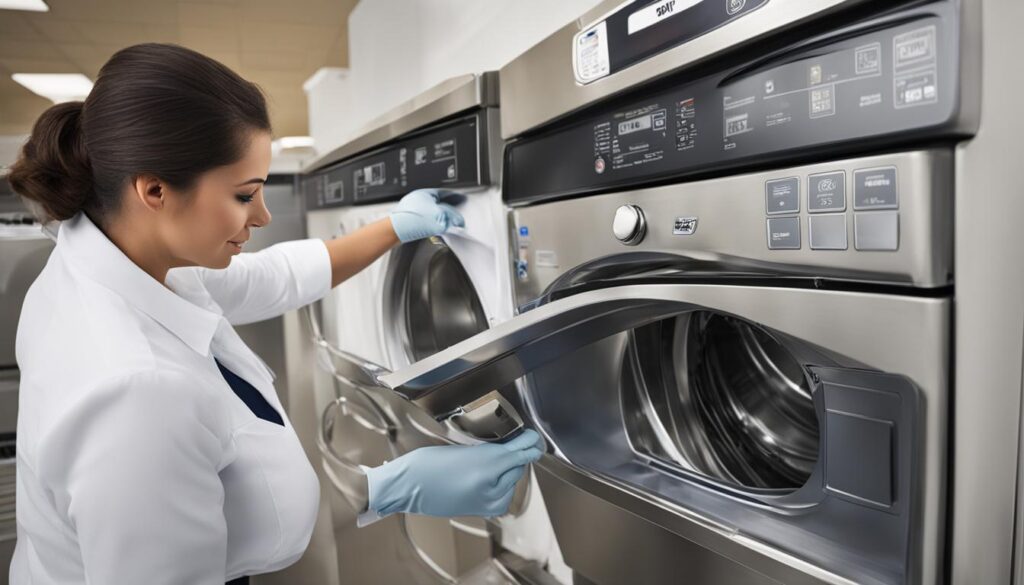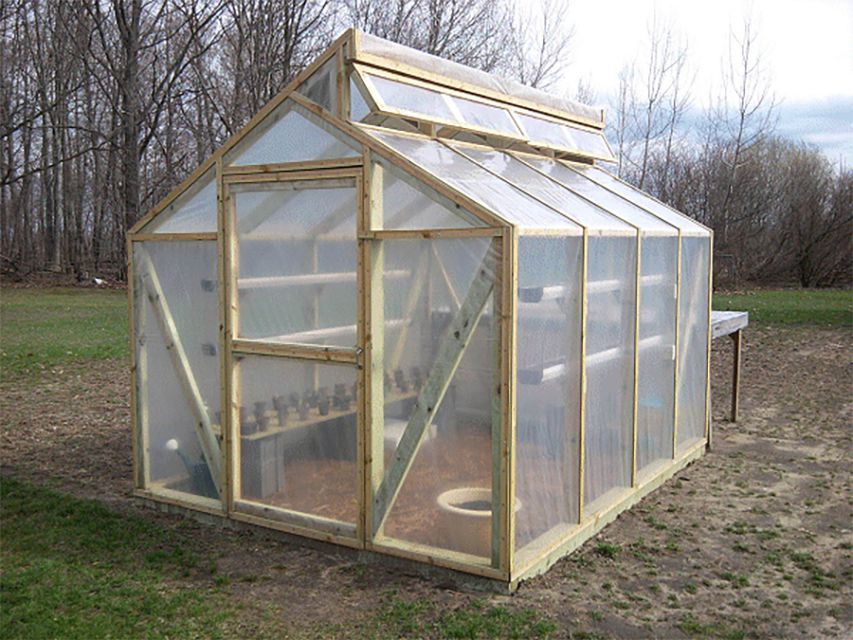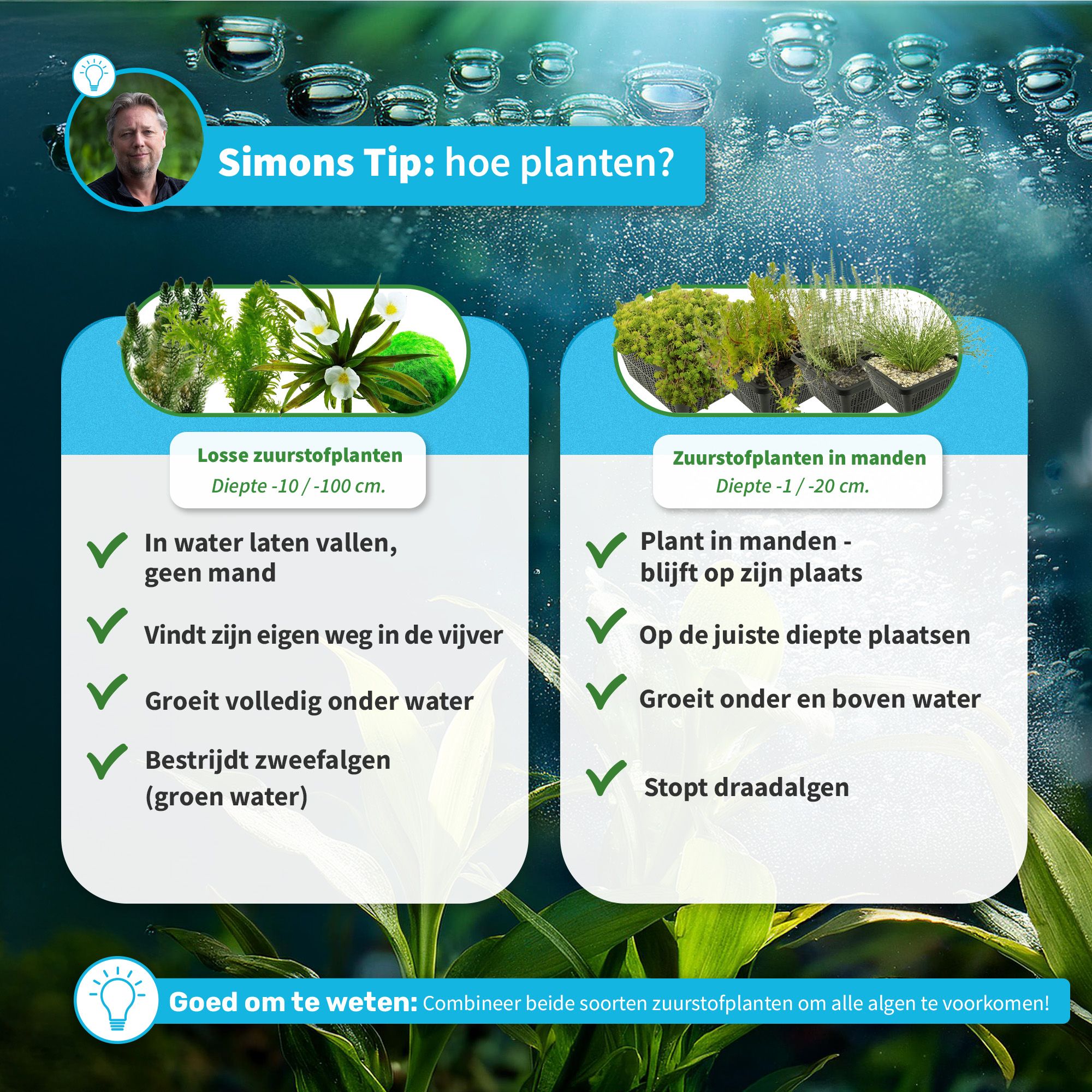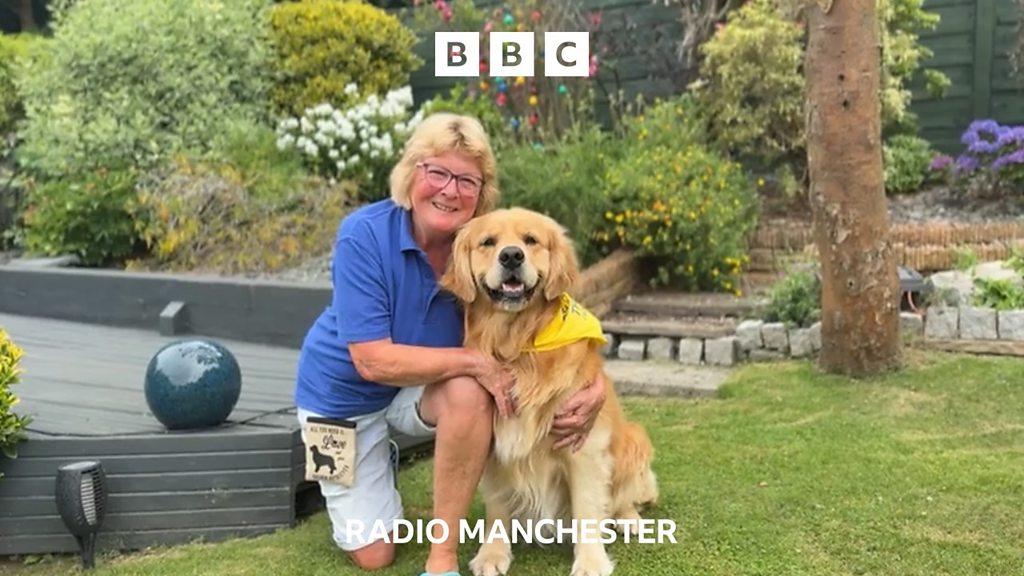Understanding Eligibility for Government Home Improvement Grants: Who Qualifies and How to Apply
Introduction
Government home improvement grants offer critical financial relief to homeowners who need to repair, modernize, or make their homes safer. However, eligibility requirements can vary widely by program, location, and funding source. Understanding who may qualify, what documentation is required, and how to navigate the application process is essential for successfully accessing these opportunities.
Common Eligibility Criteria for Home Improvement Grants
The specific requirements for government home improvement grants depend on the type of grant, the agency administering the program, and your personal circumstances. However, several factors are commonly considered:
- Age : Many federal and local programs, such as the USDA Section 504 Home Repair grant, are specifically targeted toward older adults. For example, the USDA requires applicants to be at least 62 years old for grant eligibility [3] .
- Income Level : Most programs are designed for low- or very low-income homeowners. The USDA program, for example, defines ‘very low income’ based on county-specific limits, which you can check using their online tools [2] .
- Property Ownership : Applicants must typically own and occupy the property as their primary residence. Rental properties and secondary homes are usually not eligible [1] .
- Location : Some grants are limited to properties in rural or designated disaster areas. For instance, the USDA grant focuses on rural locations, which you can confirm via the USDA eligibility map [2] .
- Creditworthiness : Many grants require that applicants are unable to obtain affordable credit elsewhere. This ensures that grants are reserved for those who lack other financing options [3] .
- Specific Needs : Some grants, like those for veterans or those with disabilities, require proof of service-connected injury, disability, or other qualifying conditions [1] .
Federal Programs: Section 504 Home Repair Grant
The Section 504 Home Repair program , administered by the US Department of Agriculture (USDA), is one of the most widely recognized sources of federal home improvement grants for eligible rural homeowners. Here’s what you need to know:
Who may qualify?
- You must own and occupy the home as your primary residence.
- Your income must fall below the ‘very low’ limit for your county, as determined by the USDA.
- You must be at least 62 years old to qualify for a grant (loans are available to younger applicants).
- You must be unable to obtain affordable credit elsewhere.
How are funds used?
- Grants must be used to remove health and safety hazards from the home.
- Loans (which may be combined with grants) can be used for broader repairs, improvements, or modernization.
How much assistance is available?

Source: storables.com
- Maximum grant: $10,000 (or up to $15,000 in presidentially declared disaster areas).
- Maximum loan: $40,000 (or up to $50,000 when combined with a grant).
To determine if your home is in an eligible rural area, use the USDA’s online eligibility map or contact your state USDA Rural Development office. Be prepared to provide proof of income, age, homeownership status, and details about your repairs [3] .
Veterans and Disability Home Improvement Grants
There are also specialized grants for veterans and individuals with disabilities. For example, the Department of Veterans Affairs offers adaptation grants to eligible service members and veterans with service-connected disabilities. These can help with necessary modifications to make the home accessible and safe.
Eligibility generally includes:
- Proof of a service-connected disability.
- Plans to use funds for buying, building, or modifying a permanent residence.
- Medical evidence supporting the disability claim (such as loss of limb, blindness, or severe injury).
To explore these opportunities, contact your regional VA office or search for “VA housing grants for disabled veterans” on the official VA website.
State and Local Government Programs
In addition to federal grants, many states and cities administer their own home improvement programs, which may have different eligibility requirements and broader benefits. For example, New York City’s HomeFix program provides affordable loans (and sometimes forgivable loans) for repairs that address hazardous conditions, energy efficiency, and accessibility improvements.

Source: housefast.com
Eligibility for such programs may be based on:
- Household income (sometimes up to 165% of area median income; for example, in NYC, a family of four may qualify with income up to $267,300).
- Ownership and occupancy of a 1- to 4-family home.
- Willingness to work with local housing partners on eligible repairs.
To apply for HomeFix in New York City, you can call the CNYCN Homeowner Hub at (646) 513-3470 or fill out the application form on the CNYCN website. For other cities, check your local housing department’s website or call their hotline for details [4] .
How to Check Your Eligibility and Apply
Because eligibility requirements and program availability vary by location and agency, it’s important to:
- Research Federal, State, and Local Programs: Visit the official websites for agencies like the USDA, HUD, or your local housing department. Search for “home improvement grants” or specific program names.
- Confirm Income and Age Limits: Review published income limits (often available on program websites) and verify your household’s eligibility.
- Prepare Documentation: Gather tax returns, pay stubs, proof of homeownership, and identification documents to support your application.
- Submit Applications: Follow the instructions provided by the agency. Most applications can be submitted online, by mail, or in person. Some programs require pre-screening or an initial consultation.
- Follow Up: After submitting, stay in contact with the agency to provide additional information if requested and to check the status of your application.
If you cannot find a verified application link for your area, you can search for your city or state’s housing finance agency and call their main office for guidance. Ask about “home repair grants,” “rehabilitation programs,” and “emergency repair assistance.”
Alternative Pathways if You Don’t Qualify for Grants
If you do not meet the criteria for federal or state grants, there may still be options:
- Low-Interest Loans: Many local programs offer subsidized loans for repairs, sometimes forgivable if you remain in the home for a certain period.
- Nonprofit Assistance: Organizations such as Habitat for Humanity or local community agencies may have repair programs for qualifying homeowners.
- Utility Rebates: Some utilities offer rebates or financial incentives for energy efficiency upgrades.
- Tax Credits: Occasionally, tax credits are available for specific improvements, such as energy efficiency retrofits. Consult the IRS or your state tax authority for current programs.
Challenges and Solutions
Many applicants face challenges such as complex application processes, limited funding, or long waiting periods. To overcome these, consider:
- Start Early: Application windows and funding are often limited. Begin your research as soon as possible.
- Keep Records: Maintain organized records of all correspondence, documents, and receipts.
- Seek Support: Contact local housing counselors, nonprofit organizations, or your Area Agency on Aging for assistance with applications and program navigation.
Key Takeaways
Eligibility for government home improvement grants is generally linked to your age, income, property ownership, and, in some cases, location or special needs. While federal programs like the USDA Section 504 Home Repair grant are widely available, many states and cities offer additional options. Always use official agency websites or contact hotlines for up-to-date information, confirm your eligibility, and gather the necessary documentation before applying. If you do not qualify for a grant, explore alternative financing or nonprofit resources to address your home repair needs.
References
[1] Renofi (2025). Who Is Eligible for Government Home Improvement Grant? [2] USDA Rural Development (2024). Single Family Housing Repair Loans & Grants in New York. [3] USDA Rural Development (2025). Single Family Housing Repair Loans & Grants. [4] NYC Housing Preservation & Development. HomeFix Program. [5] Experian (2025). Government Grants for Home Improvement.
MORE FROM hotondeals.com













